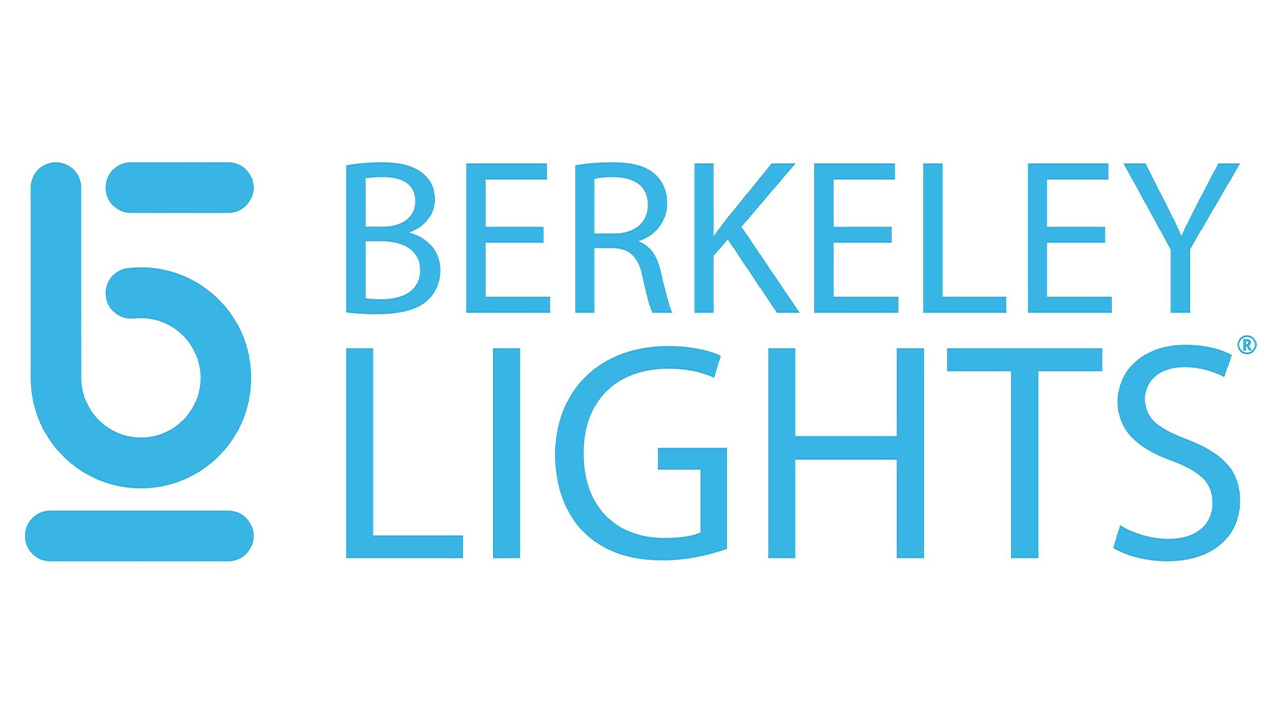Today, Berkeley Lights, Inc., a leader in Digital Cell Biology, launched new capabilities to empower the Opto Cell Therapy Development 1.0 workflow. The workflow consists of a collection of software capabilities, reagents, and protocols to be run on the Beacon® and LightningTM systems. With the new capabilities researchers can now perform multiple functional assays on thousands of individual T cells in just days, allowing them to recover live cells for downstream genomic analysis. This ultimately enables Berkeley Lights' customers to link T cell phenotype and function to genotype on individual cells, consolidating the T cell functional analytic process into one innovative platform.
T cell-based therapies have shown great promise for cancer treatment, but developing these therapies is challenging because the process of killing cancerous tumors by T cells relies on studying and screening multiple cell-to-cell interactions—a time-consuming and complex procedure. Current techniques to assess T cell function don't allow scientists to collect all of the required data from the same cell. The new multiplex cytokine assay and the cytotoxicity assay, along with the recently launched TCRseq Well Plate Kit allow scientists to define and test the function of individual T cells. These applications enable simultaneous functional interrogation of thousands of individual T cells as they interact with antigen-presenting cells or tumors. Live, individual clones can be recovered for downstream expansion or genomic analysis. The Opto Cell Therapy Development 1.0 workflow enables CAR-T cell phenotypic and functional screening, and the discovery of T cell receptors (TCRs) associated with specific T cell behaviors.
"With the Opto Cell Therapy Development 1.0 workflow, users of Berkeley Lights' platform can now tailor the development of cell therapies that mediate the rapid destruction of multiple tumor cells to the few T cells that really do all the work," said John Proctor, Ph.D., Senior Vice President of Marketing at Berkeley Lights. "The cytotoxicity assay visualizes killing activity from single T cells, such as multiplexed and serial killing, followed by live cell recovery for genomic analysis. This new assay avoids common problems associated with traditional killing assays, which measure average target cell lysis at fixed time points, obscuring kinetic details and ignoring the heterogeneity present in T cell subsets."

 The new multiplex cytokine and cytotoxicity assays as a part of the Opto Cell Therapy Development 1.0 workflow will help users of the Berkeley Lights' platform develop cancer immunotherapies faster
The new multiplex cytokine and cytotoxicity assays as a part of the Opto Cell Therapy Development 1.0 workflow will help users of the Berkeley Lights' platform develop cancer immunotherapies faster











.jpeg)

.jpeg)
.jpeg)

.jpeg)


.jpeg)



.jpeg)
.jpeg)
.jpeg)


.jpg)


.jpeg)
.jpeg)